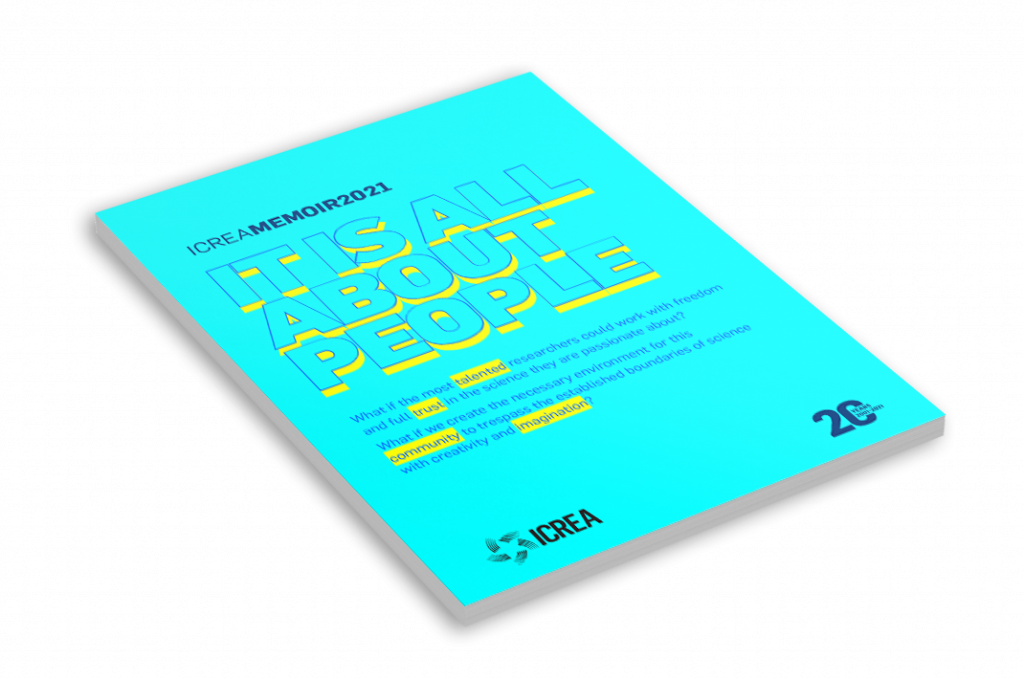Complex numbers are essential in mathematics, but are they necessary for physics? Without further qualifications, this question must be answered in the negative: physics experiments are described by the statistics they generate, that is, by probabilities, and hence real numbers. There is therefore no need for complex numbers. Physics however aims to explain, rather than describe, experiments through theories. Whether complex numbers are needed within a physical theory to correctly explain experiments, or whether real numbers only are sufficient, is not straightforward. Complex numbers are sometimes introduced in electromagnetism to simplify calculations: one might, for instance, regard the electric and magnetic fields as complex vector fields in order to describe electromagnetic waves. However, this is just a computational trick. Quantum theory radically challenged this state of affairs because its building postulates were phrased in terms of complex numbers. This has puzzled countless physicists, including the fathers of the theory, for whom a real version of quantum theory seemed much more natural. For instance, Erwing Schrödinger, one of the founders of quantum theory, wrote: “What is unpleasant here, and indeed directly to be objected to, is the use of complex numbers. The quantum wave function is surely fundamentally a real function”. Previous works confirmed this intuition by showing that such “real quantum theory” can reproduce the outcomes of any multipartite experiment, as long as the parts share arbitrary real quantum states. Thus, are complex numbers really needed in the quantum formalism? In our work, we showed this to be case by proving that real and complex quantum theory make different predictions in network scenarios comprising independent quantum states and measurements. This allows us to devise a Bell-like experiment whose successful realization disproves real quantum theory, in the same way as standard Bell experiments disproved local physics. Our results demonstrate how quantum networks, beyond their practical relevance, open radically new perspectives to solve open questions in the foundations of quantum theory.
Antonio Acín
Institut de Ciències Fotòniques
-
Reference
Renou M, Trillo D, Weilenmann M, Le TP, Tavakoli A, Gisin N, Acín A & Navascués M 2021, ‘Quantum theory based on real numbers can be experimentally falsified’, Nature, vol. 600, pp. 625-629

